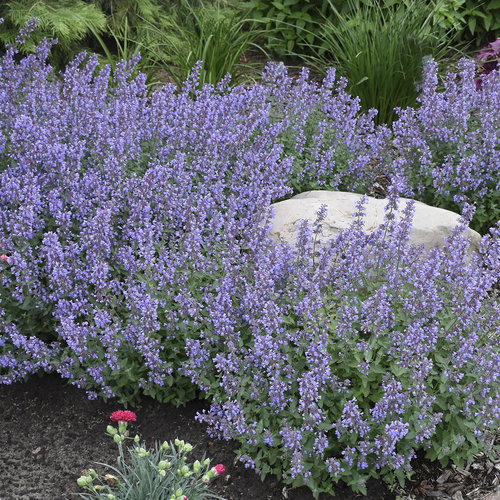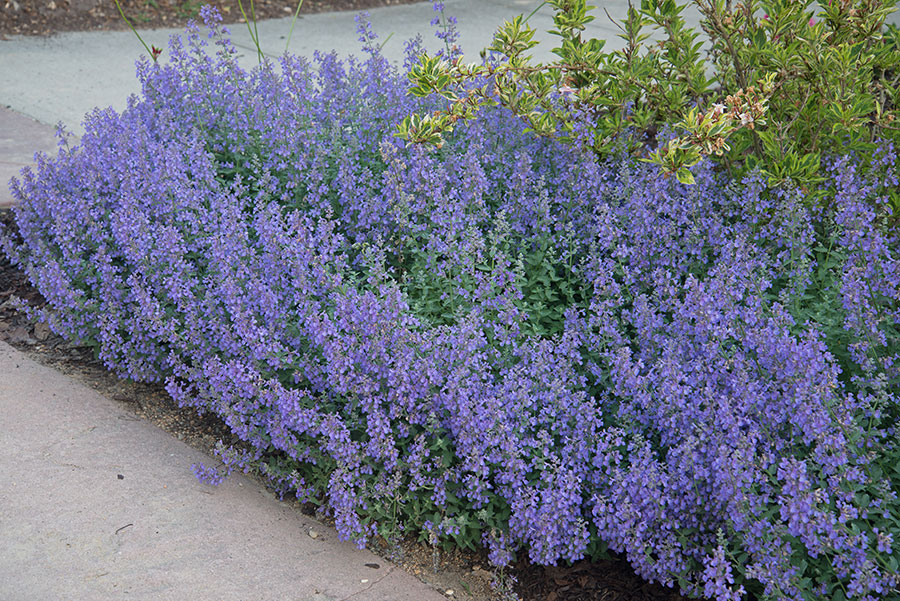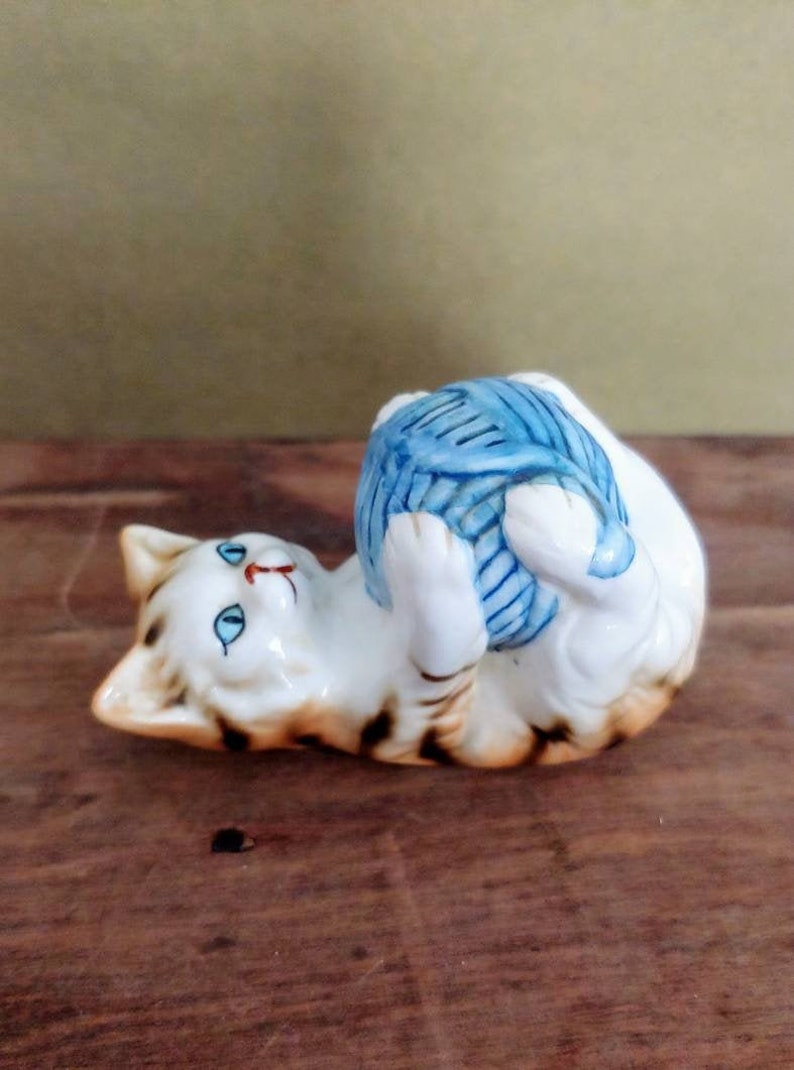

If you grow any of the genus Mentha plants in your home, make sure your kitties cannot reach them as its essential oil and salicylate are poisonous. To wrap up on the discussion on cats and mint, always ensure your kitties do not eat or ingest anything that has these herbs. Sugars and corn syrups are not healthy for felines as they may lead to gastrointestinal upsets, obesity, and other issues.įinally, avoid Sweet Mint Gum, including Orbit, jellies, or any other product that is unhealthy to your feline friend. These scotch, soft, or hard candies have sugar, corn syrup, titanium dioxide. Similarly, do not let your cats have mint candies, which often contain spearmint and peppermint oil. It all depends on how sensitive your cat is. Some will like it, while others will not like its smell or taste at all. This liking is due to the presence of the nepetalactone, which closely mimics chemicals found in catnip, which often attract kitties. While most cats hate this herb’s smell, others love it. There will be stomach decontamination, supportive care, as well as other procedures depending on how severe the poisoning is.

In case of toxicity, visit your vet for diagnosis and treatment. This catmint has far neater habit than others. 1600 (2.00/Fl Oz) 14.40 with Subscribe & Save discount. Cats Meow Catmint Dazzling blue blooms in summer attract pollinators.

In humans, some of the possible allergic reaction symptoms include diarrhea, abdominal cramps, heartburns, contact dermatitis, anaphylaxis, and headache. Gerrard Larriett - Natural Cat & Dog Breath Freshener, Cat & Dog Teeth Cleaning Spritz with Mint, Aloe Vera and Baking Soda, Cat & Dog Dental Care for Plaque and Tartar Control, 8 oz. Zinnias also come in a variety of colors and, as a bonus, are also known to attract butterflies and hummingbirds.ĭo you have some safe plants for cats that look good on your indoor or balcony gardens? Please share them with us below! For more information on cat-safe plants, consult the ASPCA’s list of toxic and nontoxic plants.Also, there is the possibility of them causing an allergic reaction. If you’re not such a hardcore gardener, Petunias (all 35 species of them) are easy to grow, come in lots of beautiful colors. If you’re a hardcore gardener and you live in the right climate zone, the Moon Orchid (Phalaenopsis amabilis) can bring a gorgeous aroma and beautiful flowery goodness to your home. Impatiens (any member of the species) comes in so many amazing colors and flower shapes that you can find something to fit any color palette or sun level. As an extra bonus, the flower is edible and can be used to add color to salads. Cornflower is safe for catsĬornflower is safe for cats (Centaurea cyanus), also known as Bachelor’s Button, will add a beautiful blue to your flowerpots. It makes some cats sedated and others stimulated. In their words: Many cats love catnip, but it can cause vomiting and diarrhea. If you’re not big on cooking but you love to plant things that look and smell beautiful, fear not: There are plenty of cat-safe flowers for you to choose from. A quick look at the ASPCA’s toxic plants database reveals that they consider catnip/catmint to be potentially harmful to cats. Although it’s often used as a garnish or sprinkled on top of potato or rice dishes, it’s also a key ingredient in tabbouleh salad. Parsley (Petroselinum hortense) is another great cat-safe herb. Coriander leaves are commonly used in Mexican, Chinese, and South Asian cuisine.ĭill (Anethum graveolens) is a great way to spice up a cucumber salad, borscht, or your favorite fish dish. Coriander is safe for catsĬoriander (Coriandrum sativum), also known as cilantro, is a key herb in the cookery of almost the whole world. Please note that English Chamomile (Chamaemelum nobile) is toxic to cats. If you’re a tea drinker, you’ll know this stuff well: It makes for a great fresh tea on a hot summer day. German Chamomile (Matricaria chamomilla) is a member of the daisy family.

I can’t even imagine a summer without salads made of fresh tomatoes, fresh basil and fresh mozzarella cheese. (Ocimum basilicum) is a member of the mint family, and like most mints, it is safe for cats to consume.


 0 kommentar(er)
0 kommentar(er)
